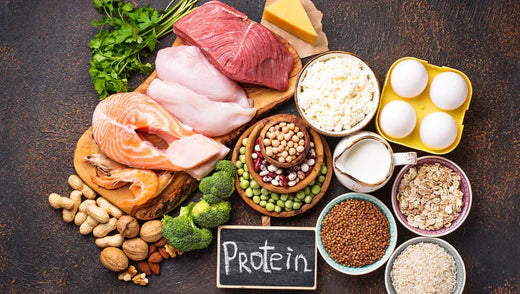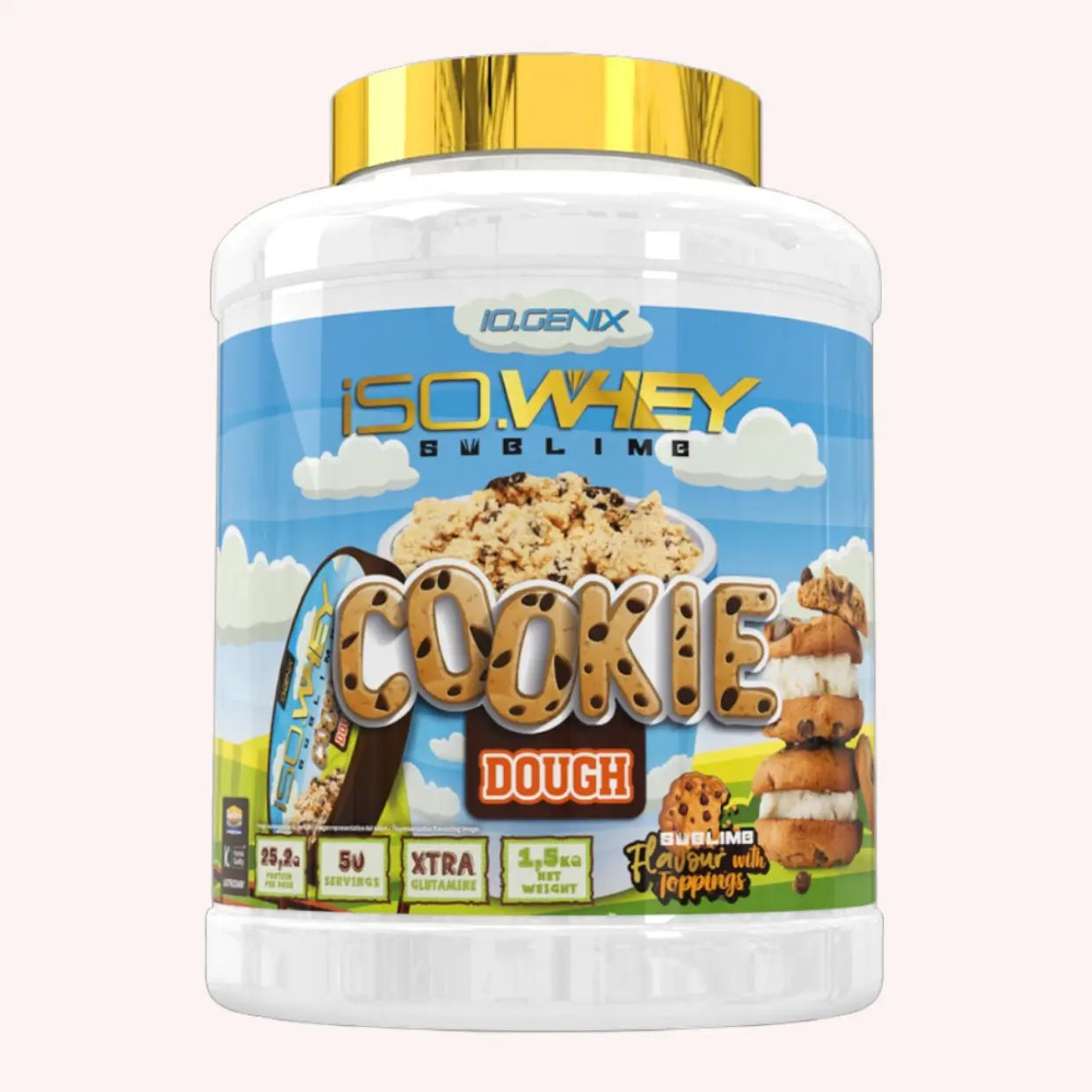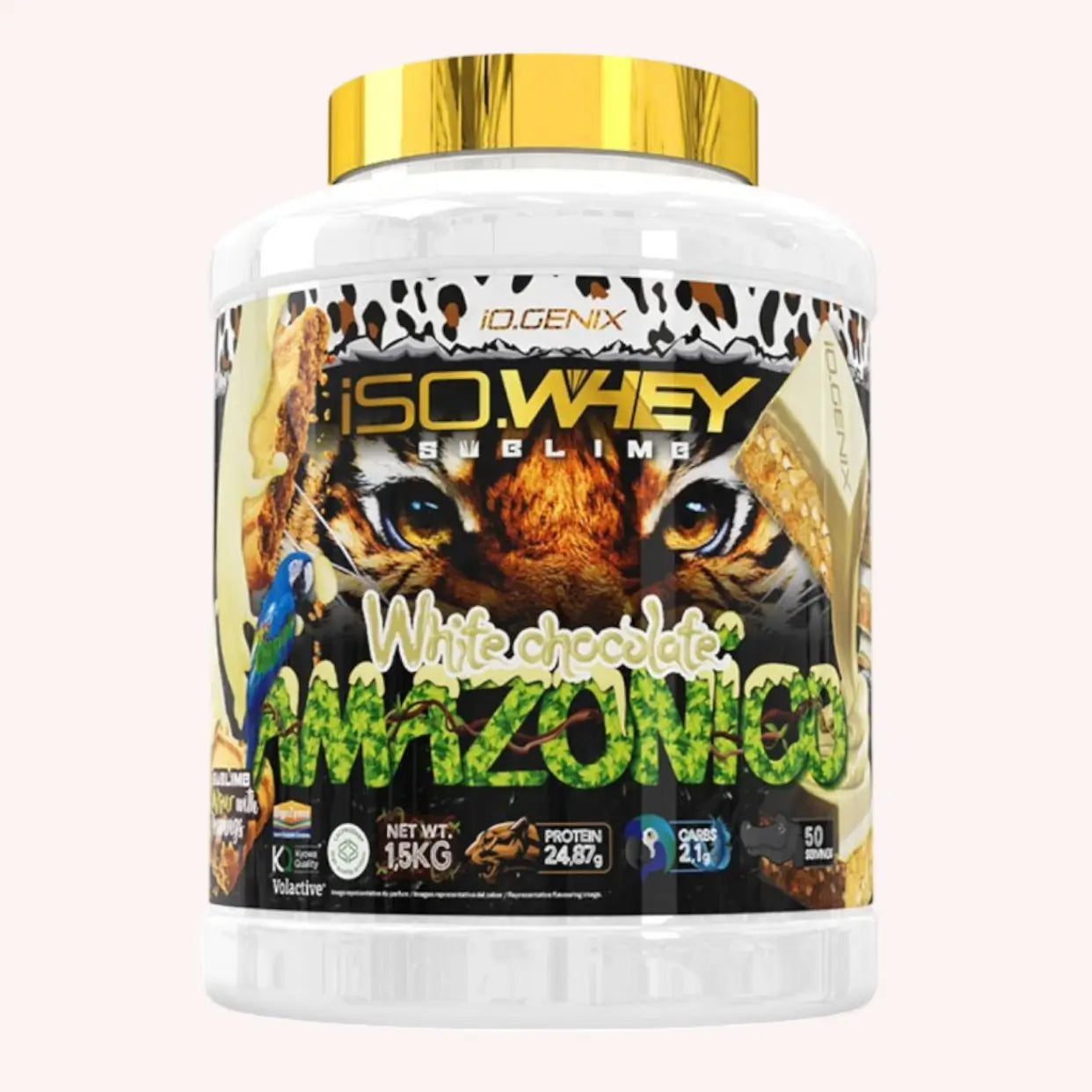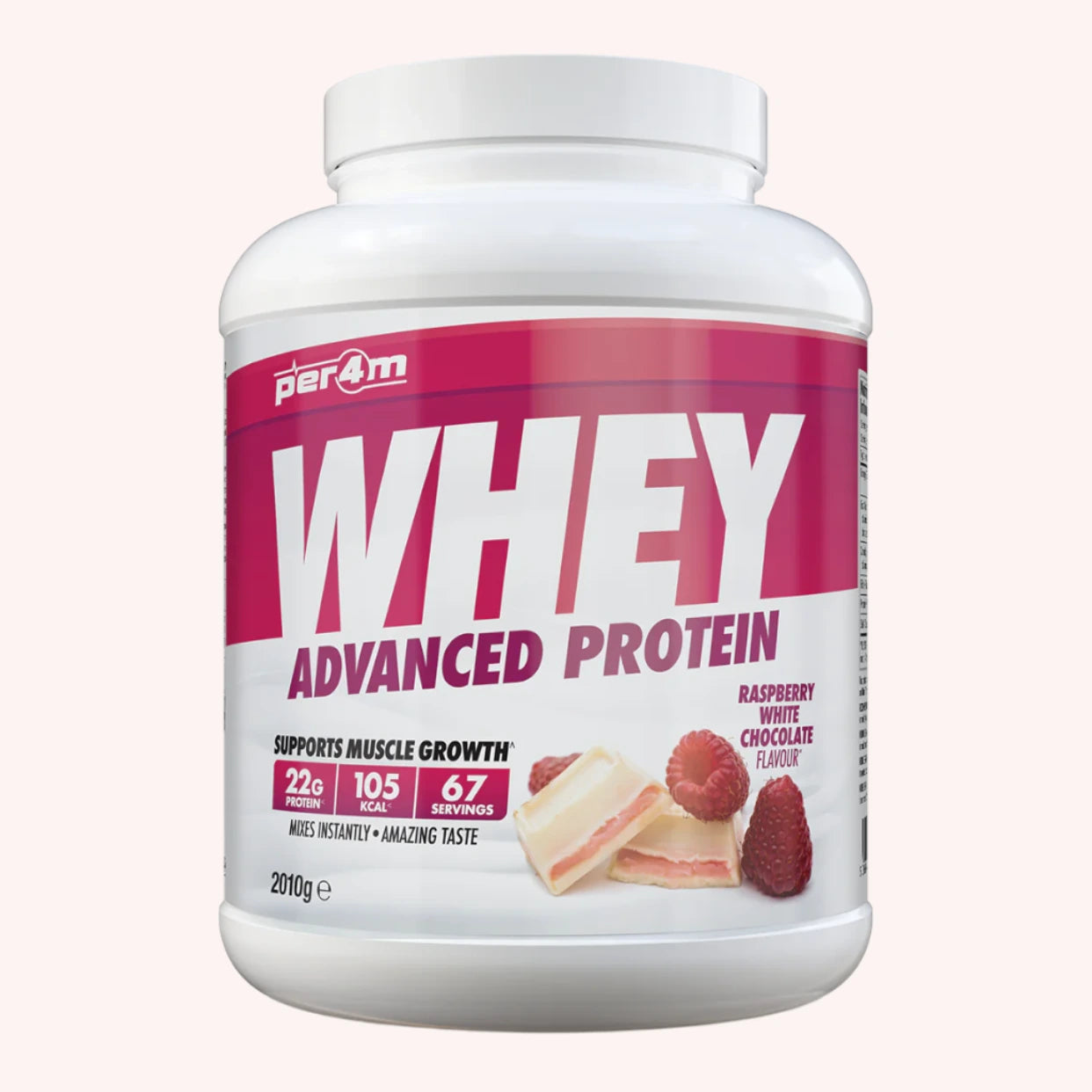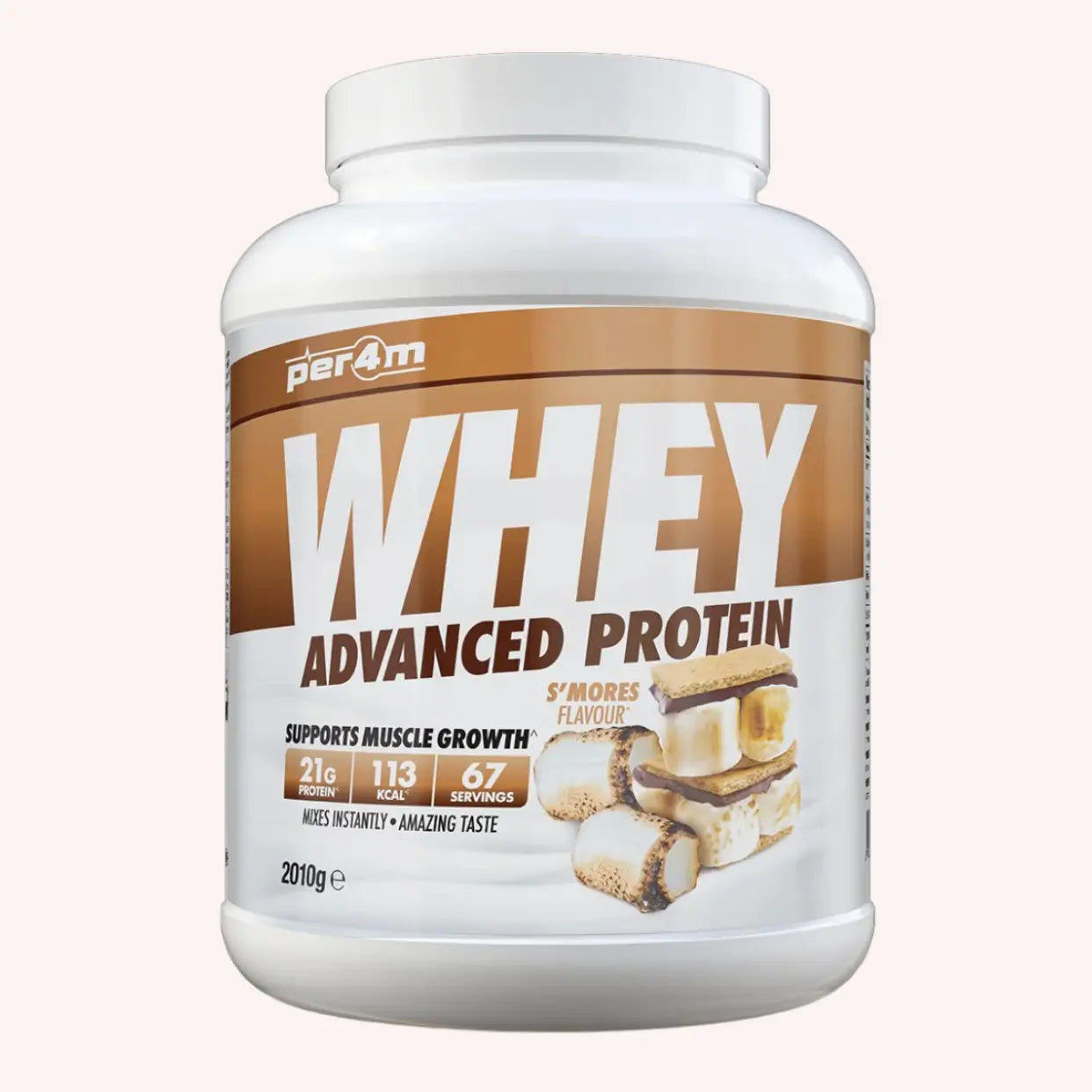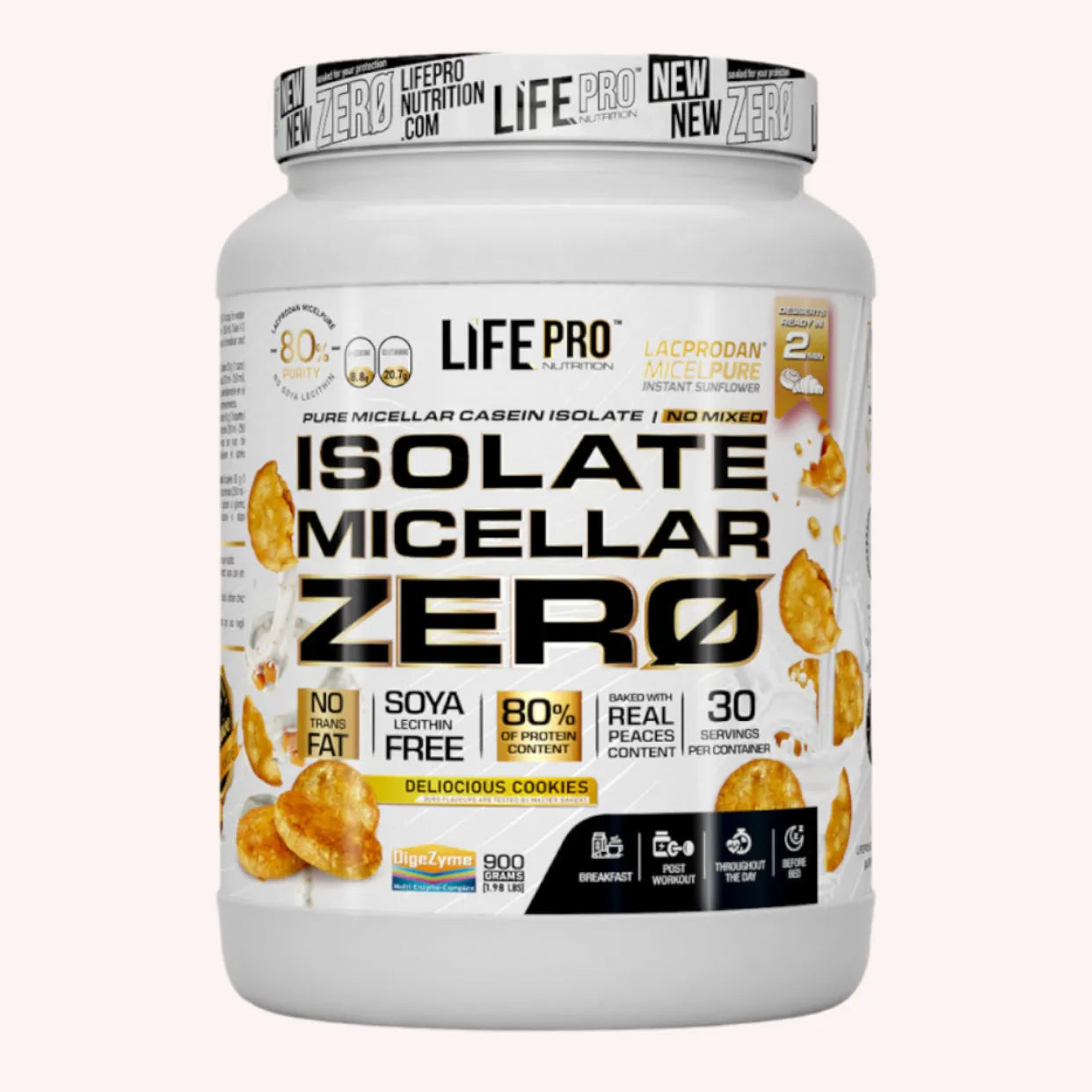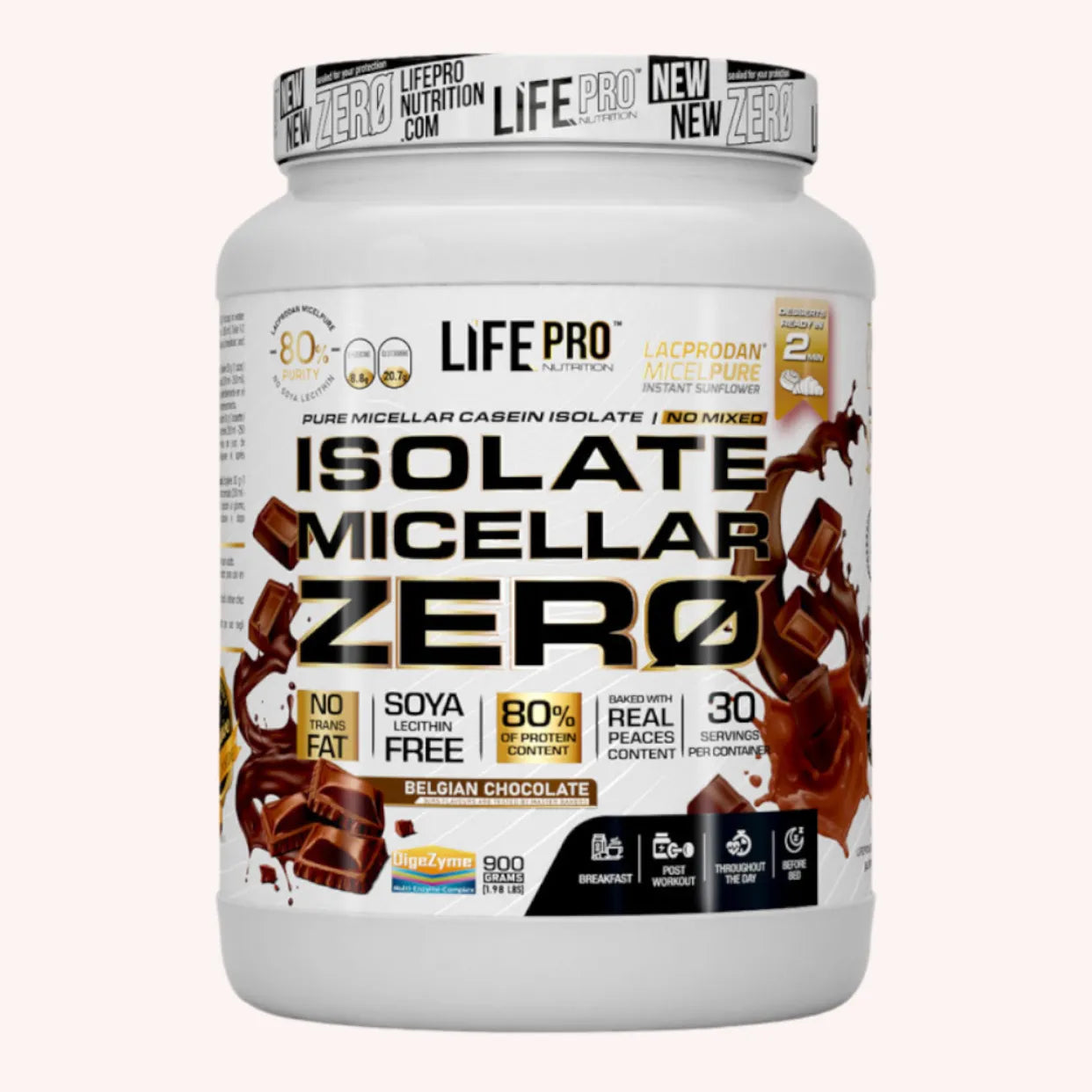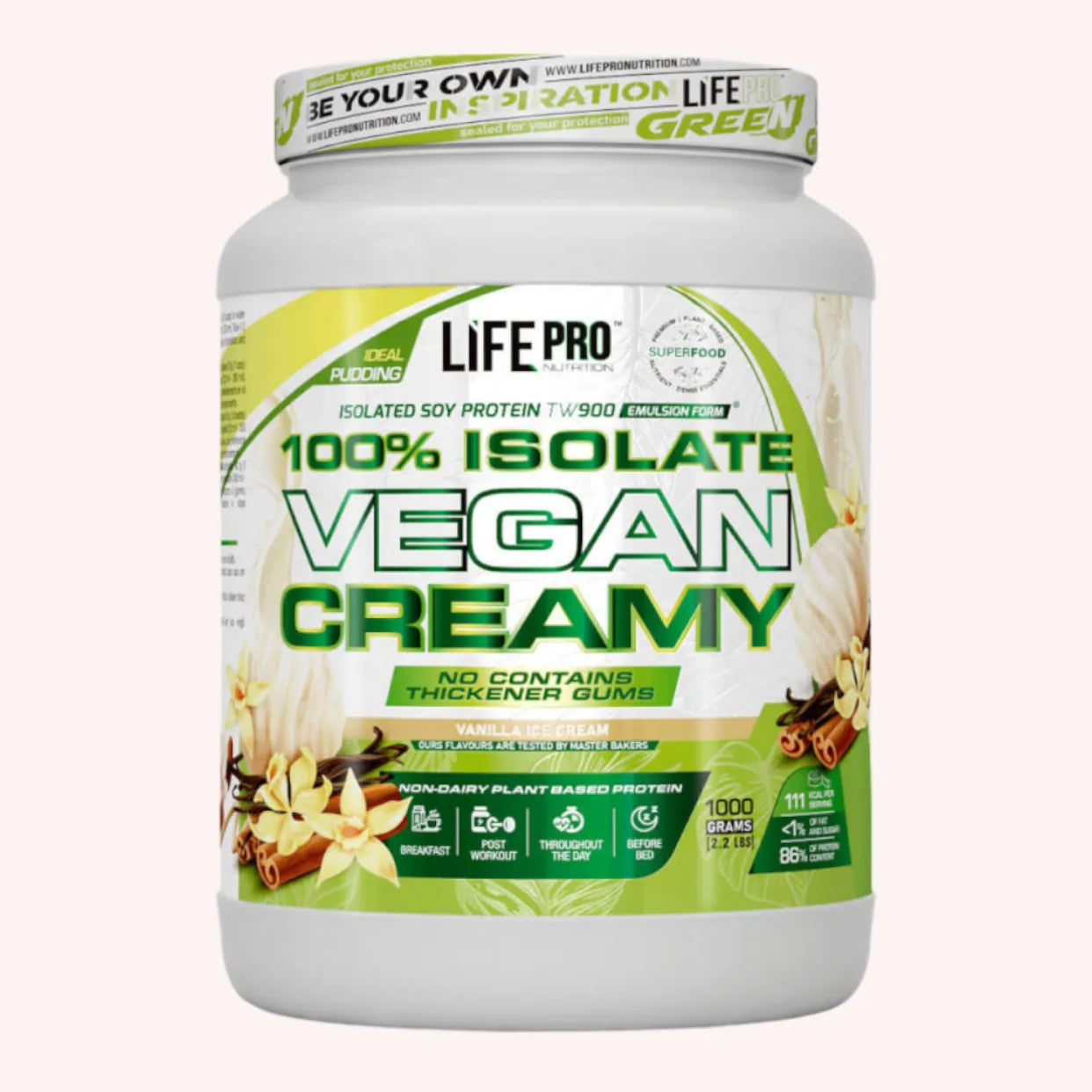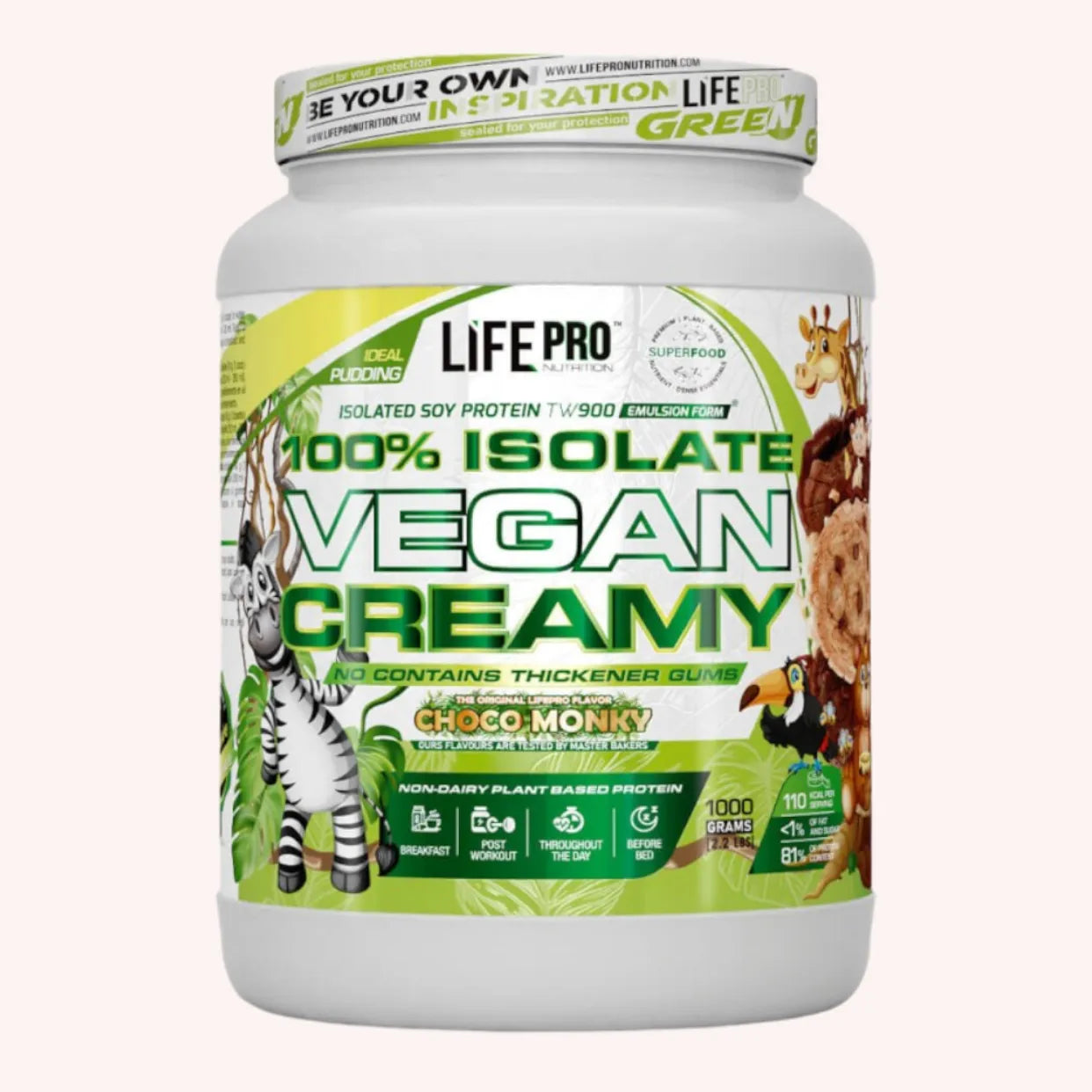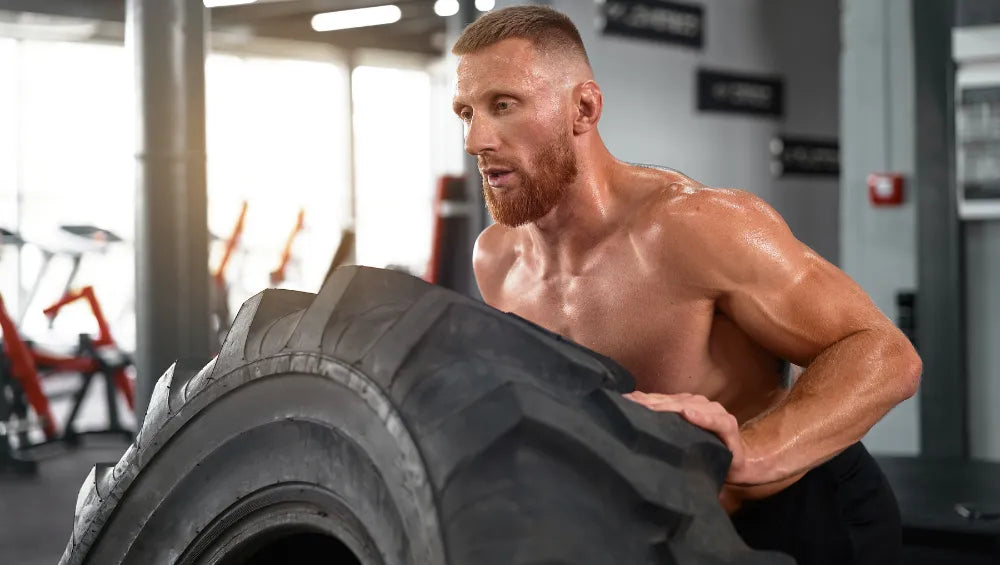Protein plays a central role in the diet of athletes, especially those practicing bodybuilding or looking to optimize their physical performance. It is the fundamental building blocks of our body, supporting muscle building, recovery and overall body function.
In this article, we will explore in detail the different sources of protein, their benefits for athletes, as well as good practices for maximizing their intake.
Understanding Proteins: Role and Importance
Proteins are macromolecules that are essential for the proper functioning of the body. Composed of chains of amino acids, they play a central role in many biological processes. Among the 20 amino acids identified, 9 are said to be essential for sports nutrition bodybuilding because the human body cannot produce them alone. These amino acids must therefore be provided daily by a balanced and varied diet.
Due to their central place in cellular structure and functions, insufficient protein intake can lead to deficiencies, a reduction in physical capacities or even a drop in immune defenses.
Main roles of proteins
Proteins are multifunctional nutrients that are involved in almost all biological activities. Here are their main roles:
- Muscle Building and Repair: Proteins are the building blocks of our muscles. They enable the building, repair and maintenance of muscle mass, particularly after physical exertion or in the event of injury.
- Production of enzymes and hormones: They participate in the synthesis of enzymes, which speed up chemical reactions in the body, and hormones, essential for regulating processes such as digestion, growth and sleep.
- Energy source: Although their energy role is secondary, proteins provide 4 kcal per gram, thus filling a possible energy deficit when carbohydrates and lipids are not sufficient.
- Strengthening the immune system: Proteins are involved in the production of antibodies, the molecules that protect the body against infections and diseases.
The best sources of protein
To benefit from their benefits, it is essential to include a variety of protein sources in your diet. Proteins can be of animal or plant origin, each with its own specificities and benefits.
Proteins of animal origin
Animal proteins are said to be complete because they contain all the essential amino acids in optimal proportions for the body.
- Lean Meats: Chicken, turkey, and lean beef offer high protein while remaining low in saturated fat. These meats are ideal for athletes.
- Fish: Salmon, tuna or mackerel not only provide high-quality protein, but also omega-3s, which are beneficial for the heart and brain.
- Eggs: An accessible and versatile source, each egg contains about 6g of protein, as well as nutrients like choline, which is essential for healthy brain function.
- Dairy: Milk, yogurt, and cheese are rich in protein and calcium, which promote bone health. Cottage cheese and Greek yogurt are particularly interesting for their nutrient density.
Plant-based proteins
Plant proteins, although often incomplete, are excellent alternatives, especially for vegetarian and vegan diets. By combining different sources, it is possible to obtain all the essential amino acids.
- Legumes: Lentils, chickpeas and kidney beans are rich in fiber and protein. When combined with grains, such as rice or quinoa, they become complete sources of protein.
- Whole grains: Quinoa, oats and brown rice provide a combination of complex carbohydrates and protein, ideal for maintaining steady energy throughout the day.
- Seeds and nuts: Almonds, chia seeds, sunflower seeds and other nuts provide plant-based protein, fiber and unsaturated fatty acids, which promote good cardiovascular health.
- Tofu and tempeh: Derived from soybeans, these foods are high in protein, low in fat, and suitable for vegetarian diets. Tempeh, in particular, contains probiotics that promote gut health.
Protein, whether from animal or plant sources, is an essential nutrient for the proper functioning of our bodies. By making sure to include a variety of protein-rich foods in your diet, you can meet your nutritional needs while supporting your overall health.
Protein requirements according to sports objectives
Protein plays a key role in sports nutrition, supporting muscle growth, repair, and energy. However, protein needs vary greatly depending on specific goals and physical activity level. Therefore, tailoring your protein intake is essential to maximize performance and achieve your athletic goals.
|
Objective |
Recommended intake |
|
Muscle maintenance |
1.2 to 1.6 g/kg/day |
|
Muscle development |
1.6 to 2.2 g/kg/day |
|
Endurance |
1.2 to 1.8 g/kg/day |
|
Weight loss (dry) |
1.6 to 2.4 g/kg/day |
Detailed explanations of protein needs according to your goals
Muscle maintenance (1.2 to 1.6 g/kg/day)
For people who engage in moderate physical activity or want to maintain their muscle mass, a daily intake of 1.2 to 1.6 g of protein per kilogram of body weight is sufficient. This intake covers recovery needs and limits muscle breakdown, while maintaining a healthy metabolism.
- Example: A person weighing 70 kg would need 84 to 112 g of protein per day to maintain muscle mass.
Muscle development (1.6 to 2.2 g/kg/day)
People looking to gain muscle mass or improve strength should increase their protein intake. This higher intake promotes protein synthesis, a process essential for building muscle, especially after intense workouts. Pairing this intake with carbohydrates helps optimize results.
- Example: A 75 kg athlete aiming to gain mass will need 120 to 165 g of protein per day to meet his needs.
Endurance (1.2 to 1.8 g/kg/day)
Endurance sports, such as marathon running or cycling, also require adequate protein intake to support muscle recovery and limit damage from long training sessions. Protein also helps to stabilize energy levels over the long term.
- Example: A 60 kg runner would need 72 to 108 g of protein per day to maintain performance and recover effectively.
Weight loss (dry) (1.6 to 2.4 g/kg/day)
How to cut and respect your protein rations? During a cutting or weight loss phase, the goal is to preserve muscle mass while reducing fat mass. A high protein intake, combined with calorie restriction, helps limit muscle loss and promotes satiety. Since proteins are thermogenic, they also increase caloric expenditure.
- Example: A 65 kg person in a cutting phase might need 104 to 156 g of protein per day to optimize their results.
Tips for adjusting your protein intake
- Split Meals: Eat protein spread over 4 to 6 meals to maximize absorption and limit muscle breakdown.
- Adjust for weight and training: How much protein per day to consume depends on exercise intensity, body weight and metabolism.
- Favor varied sources: Combine animal proteins (meat, fish, eggs, dairy products) and vegetable proteins (tofu, legumes, cereals) for a balanced intake.
- Supplements if necessary: For athletes with high needs, protein powders (whey, casein) can supplement the diet.
A diet rich in protein is essential for athletes wishing to optimize their performance, recovery and progression. However, it is not enough to consume proteins in large quantities: their distribution during the day, their quality and their combination with other nutrients are just as important.
Here is an example of a detailed menu for an 80 kg athlete, with a protein intake target of 1.8 g/kg/day, or approximately 144 g of protein per day.
Breakfast
A good protein breakfast provides the energy needed to start the day while supporting muscle recovery after an overnight fast.
- 3 scrambled eggs (18g protein): Eggs are a source of complete protein, containing all the essential amino acids, perfect for supporting muscles.
- 2 slices of wholemeal bread with peanut butter (10 g): Wholemeal bread provides complex carbohydrates for energy, and peanut butter provides protein and unsaturated fatty acids.
- A bowl of plain Greek yogurt (15 g): Greek yogurt is rich in casein, a slow-digesting protein that helps maintain a constant supply of amino acids.
- Total protein: 43 g
Lunch
Lunch should be balanced to provide protein, carbohydrates and vegetables rich in fiber and micronutrients.
- Grilled Chicken Breast (140g – 30g protein): An excellent source of lean protein to help build muscle.
- Brown rice (100 g – 3 g): Source of complex carbohydrates to replenish energy reserves and maintain exercise over time.
- Steamed broccoli (200 g – 6 g): In addition to vegetable protein, broccoli provides fiber and antioxidants.
- Total protein: 39 g
Post-workout snack
The post-workout snack is crucial to optimize recovery. It should include protein for muscle repair and carbohydrates to replenish glycogen stores.
- A dose of whey protein (25 g): Whey, quickly digested, is ideal after an intense training session.
- A banana: Quick source of carbohydrates to restore energy and support recovery.
- Total protein: 25 g
Dinner
Dinner should promote nighttime recovery by providing a combination of protein and slow carbohydrates, while incorporating fiber-rich vegetables.
- Baked Salmon (150g – 35g protein): Salmon, in addition to protein, is a source of omega-3, which promotes recovery and reduces inflammation.
- Sweet Potatoes (150g – 2g): Sweet potatoes provide complex carbohydrates for a gradual release of energy and fiber for healthy digestion.
- Sautéed green vegetables (200 g – 4 g): Rich in micronutrients, they complete the meal while contributing to protein intake.
- Total protein: 41 g
Summary of daily intakes
|
Meal |
Total protein |
|
Breakfast |
43 g |
|
Lunch |
39 g |
|
Post-workout snack |
25 g |
|
Dinner |
41 g |
|
Daily Total |
148 g |
Tips for incorporating protein into your daily life:
- Split your intake: Spread protein over 4 to 6 meals to maximize absorption and maintain an active metabolism, particularly useful for those looking for protein to lose weight.
- Combine proteins and carbohydrates: Carbohydrates stimulate insulin secretion, which improves the assimilation of amino acids.
- Focus on variety: Alternate between animal proteins (meat, fish, eggs) and plant proteins (legumes, tofu, whole grains).
- Adjust as needed: Adjust portions based on your weight, activity, and fitness goals.
Protein Powder: A Strategic Supplement
Protein supplements like whey or casein can be a convenient protein powder to meet the high needs of athletes.
Types of protein powder:
- Whey protein: Ideal for rapid absorption after training when gaining mass and cutting.
- Casein: Slow assimilation, perfect before bedtime.
- Plant proteins: Suitable for vegetarian or vegan diets.
Plant proteins and sports performance
Plant-based protein diets can effectively support athletic performance provided that sources are varied. Combining legumes and grains helps ensure a complete amino acid profile. For example, a quinoa and chickpea salad is a balanced option.
Tips for optimizing protein intake
- Vary the sources: Alternate between animal and plant proteins to benefit from their respective benefits.
- Split your intake: Consume protein at each meal for better assimilation.
- Stay hydrated: A diet rich in protein requires adequate fluid intake.
A diet rich in protein, well balanced between animal and plant sources, is essential to support your athletic goals.
Whether it's to build muscle mass, improve performance or optimize recovery, incorporating quality protein into your diet definitely has benefits.
Sources:
- Metabolic Determinants of Weight Gain in Humans Piaggi P. Obesity (Silver Spring) . 2019 May;27(5):691-699. doi:10.1002/oby.22456. PMID: 31012296 This review explores the factors contributing to weight gain, highlighting the metabolic predictors in human body energetics: https://pubmed.ncbi.nlm.nih.gov/31012296/
- Update on Weight-Gain Caused by Antipsychotics: A Systematic Review and Meta-Analysis Barton BB, Segger F, Fischer K, Obermeier M, Musil R. Expert Opin Drug Saf . 2020 Mar;19(3):295-314. doi:10.1080/14740338.2020.1713091. PMID: 31952459 This study reviews the side effects of weight gain associated with antipsychotics, evaluating both first and second-generation drugs: https://pubmed.ncbi.nlm.nih.gov/31952459/
- Weight Gain and Blood Pressure Sundström J, Lind L, Lampa E, et al. J Hypertens . 2020 Mar;38(3):387-394. doi: 10.1097/HJH.0000000000002298. PMID: 31764589 The research links weight gain from early adulthood to higher mid-life blood pressure, emphasizing cardiovascular implications: https://pubmed.ncbi.nlm.nih.gov/31764589/
- Non-Nutritive Sweeteners: Weight Loss or Weight Gain? Khalil S, Haikal Y, Aoun A. Endocr Metab Immune Disord Drug Targets . 2024;24(7):749-757. doi:10.2174/0118715303245646230926054352. PMID: 37817660 This review discusses the effects of non-nutritive sweeteners on weight control, highlighting the inconclusive evidence on long-term weight impacts in humans: https://pubmed.ncbi.nlm.nih.gov/37817660/




